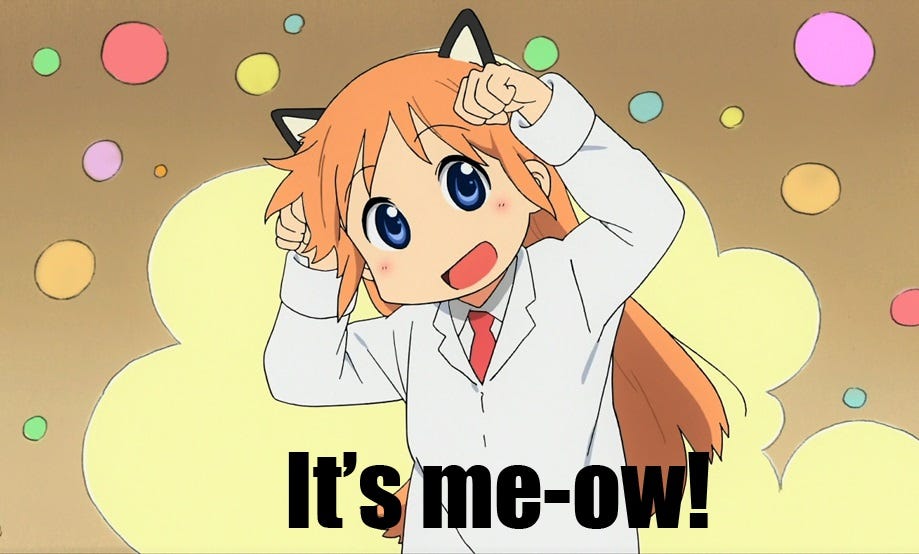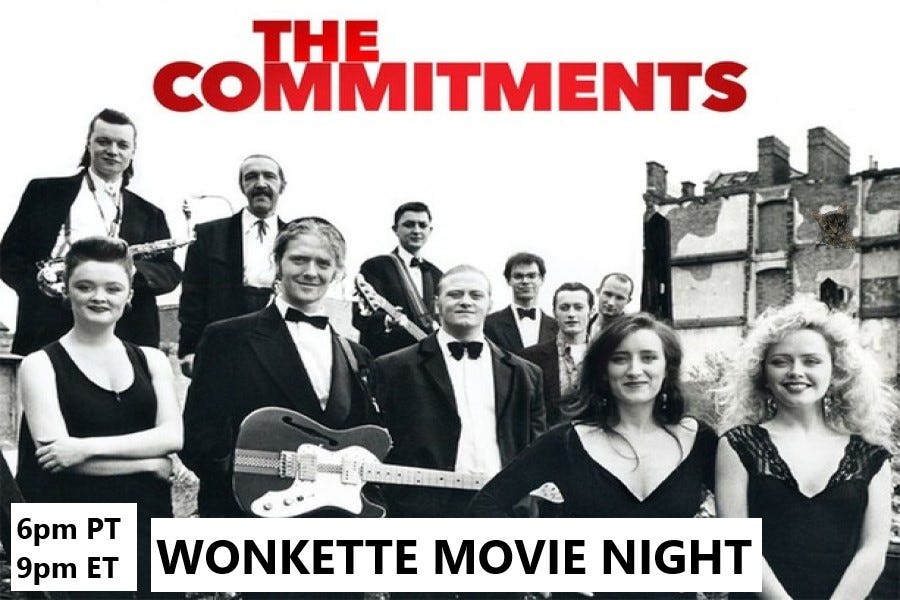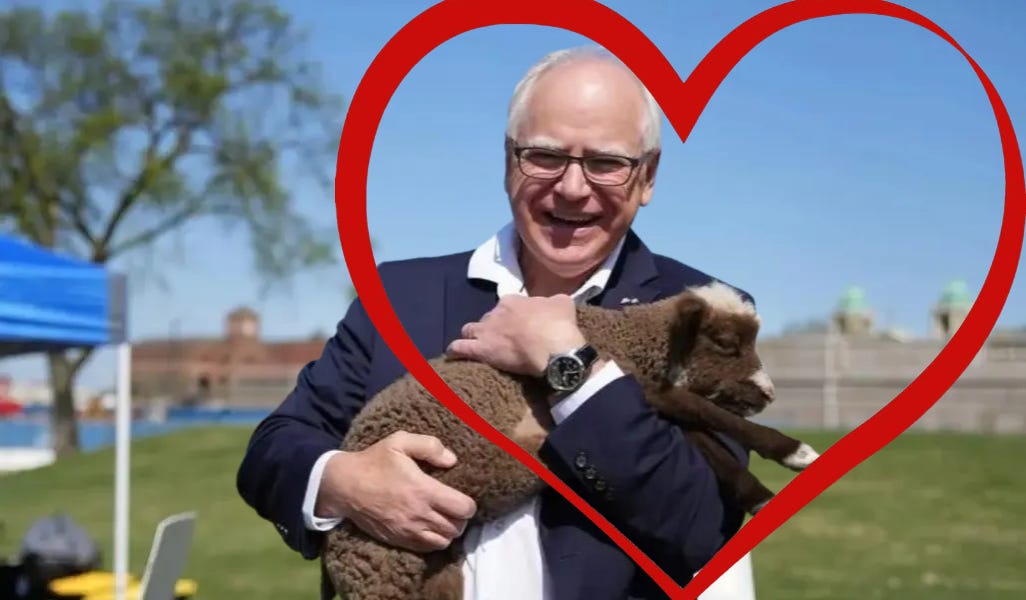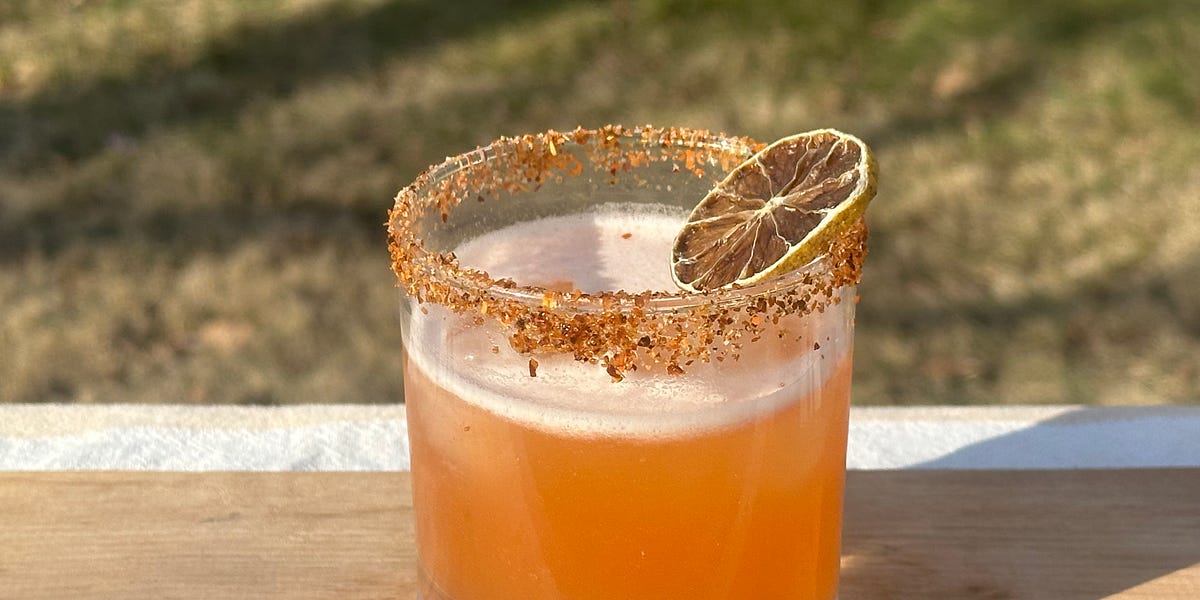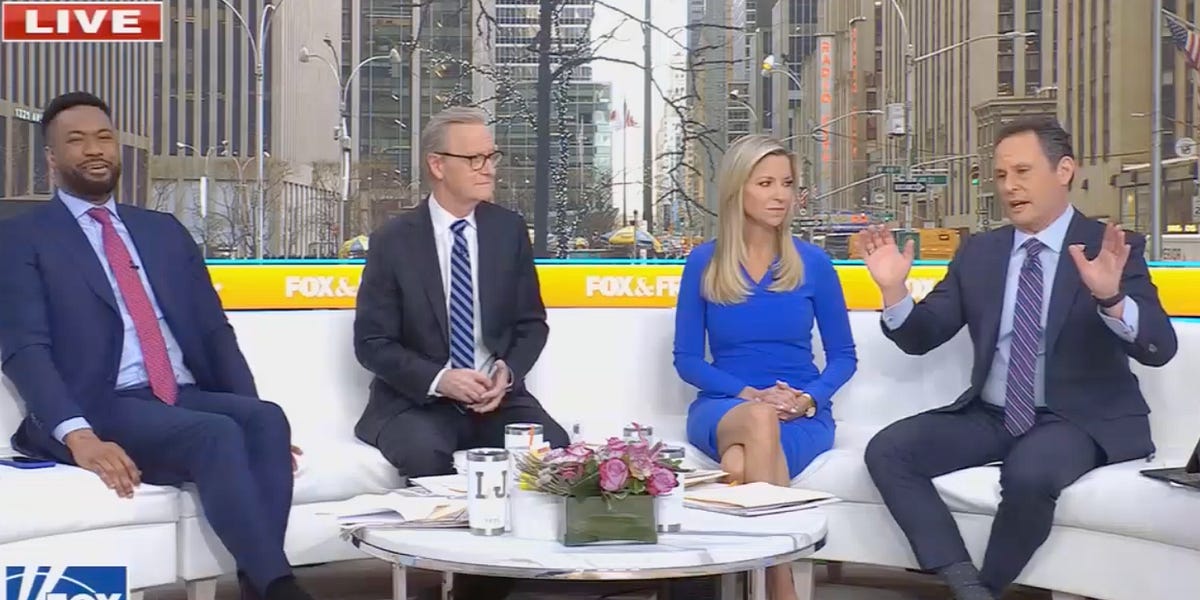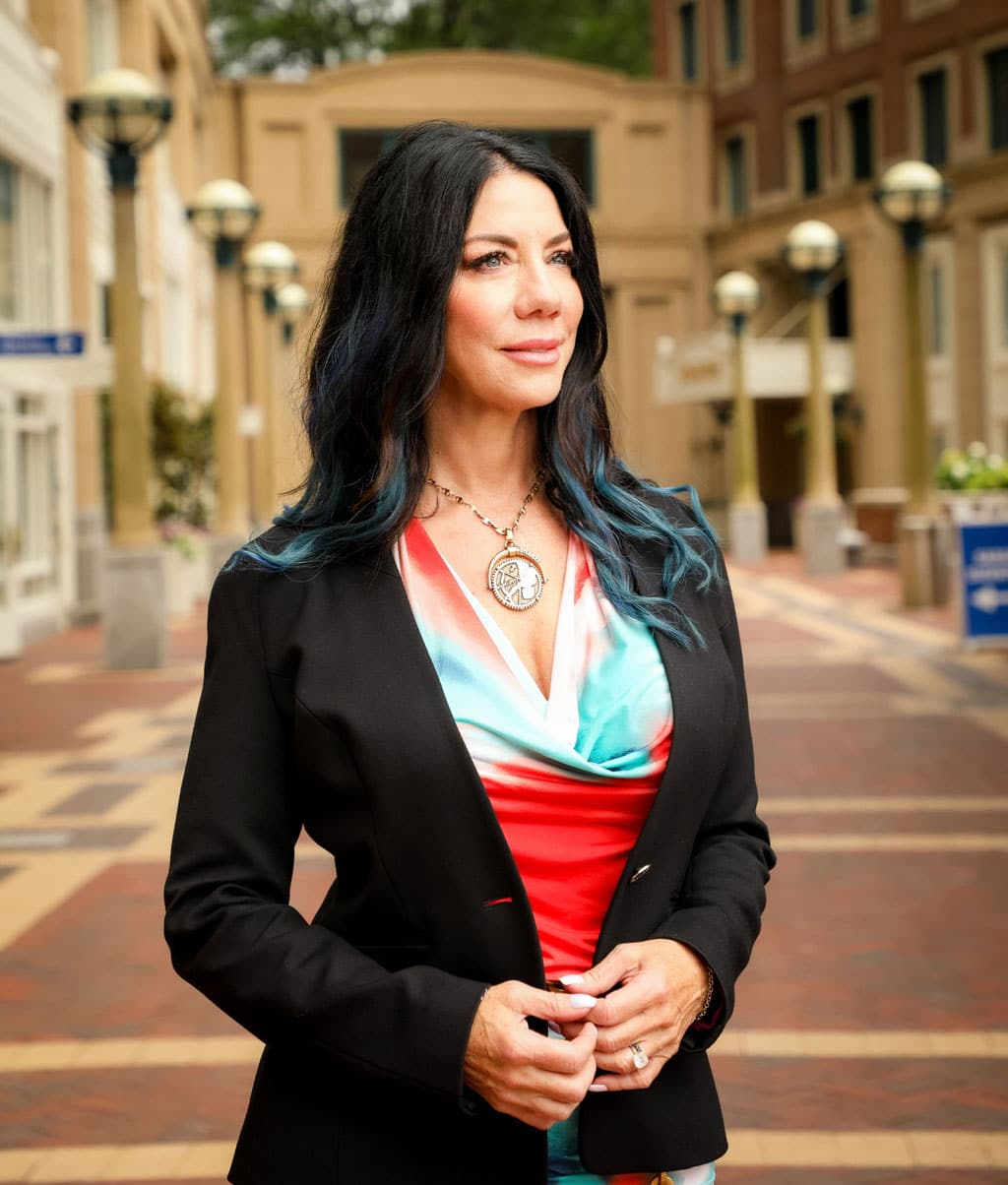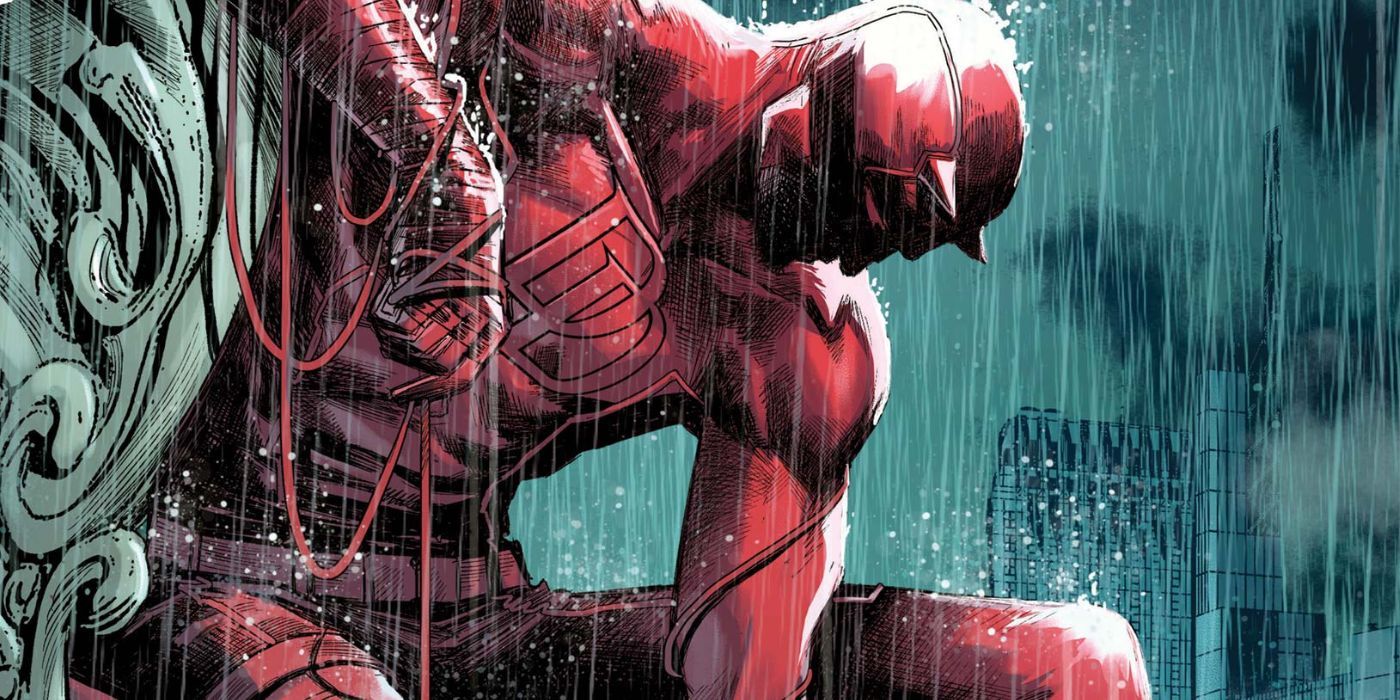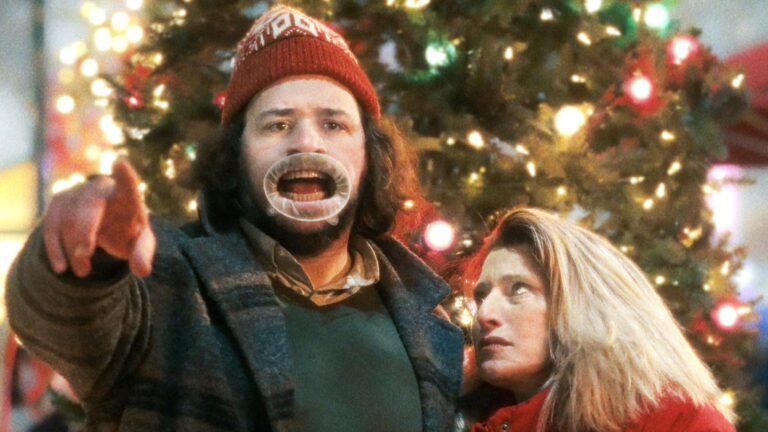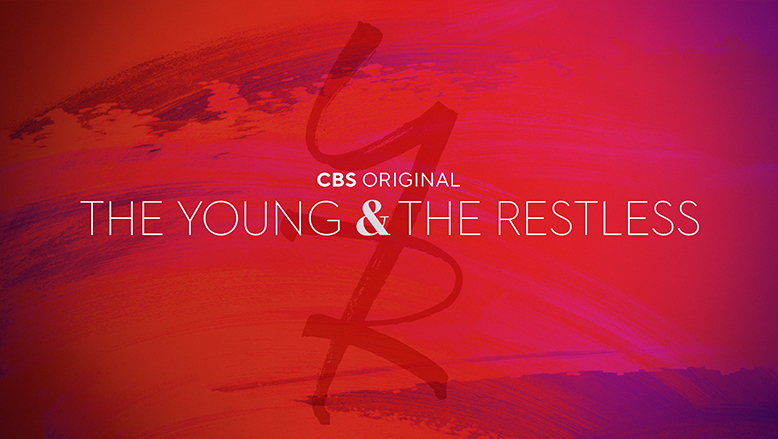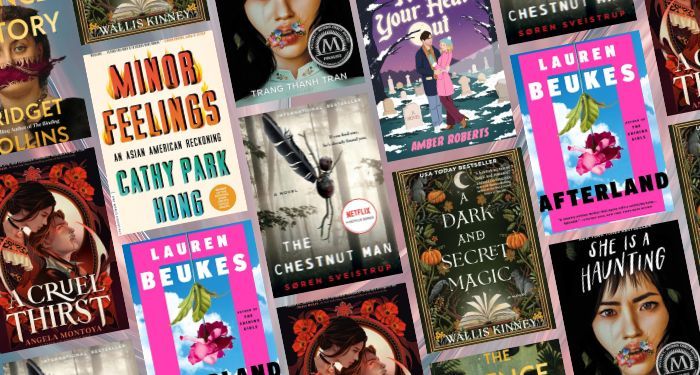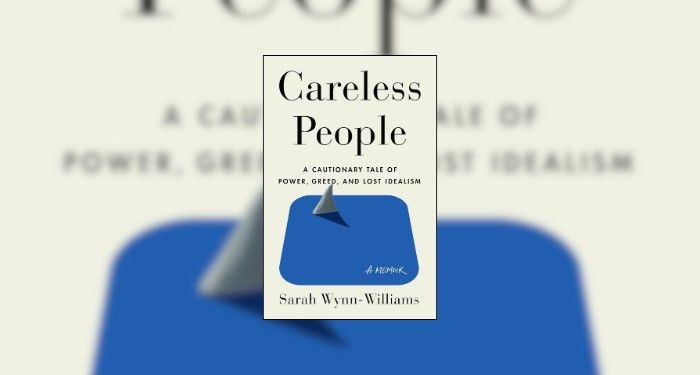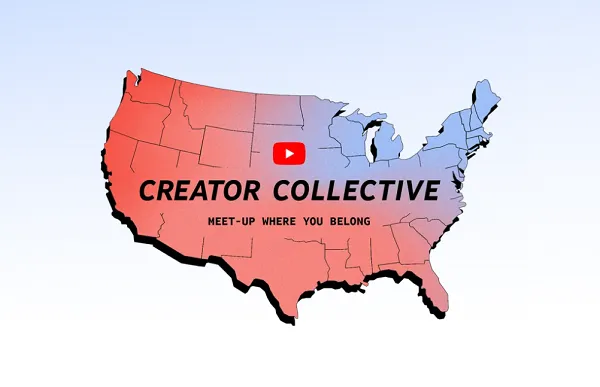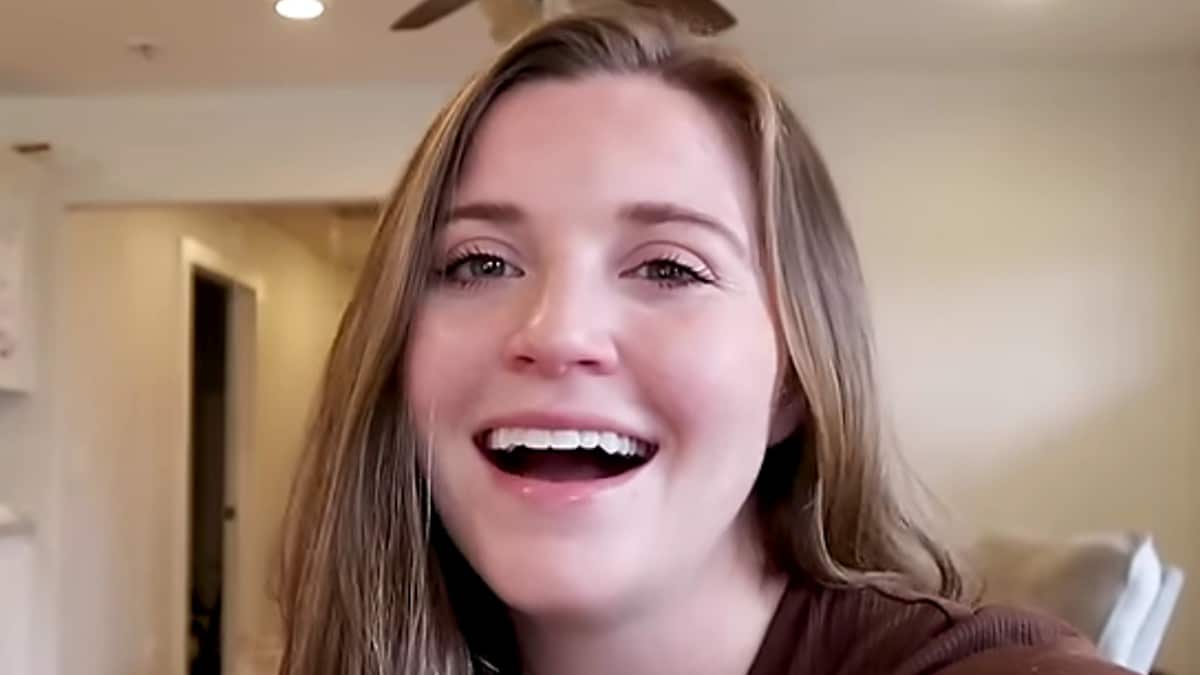The Big Picture
- Homer Simpson’s iconic The Simpsons catchphrase “D’oh!” has been around for 34 years.
- The catchphrase was created by Dan Castellaneta, the voice actor for Homer, who drew inspiration from actor James Finlayson’s exclamation of “Doooh!” in Laurel and Hardy films.
- “D’oh!” has endured as a catchphrase because it is universally understood and transcends language barriers.
You know you’ve said it. Maybe not intentionally, but you’ve said it. It’s a catchphrase that became so popular it landed in the Oxford English Dictionary as a legitimate word (yes, you can use it in Scrabble for a whopping 7 points). It’s simple yet effective, a single word that can express frustration, anger, stupidity, even sadness depending on how it’s inflected, second only to a certain multi-purpose naughty word in its scope of use. And it has been around for over three decades.
That phrase comes from none other than The Simpsons‘ idiotic yet lovable father figure Homer Simpson (Dan Castellaneta) himself: D’oh! Multiple generations don’t even remember a time when The Simpsons wasn’t on TV, and have literally grown up with “d’oh!” as part of everyday language (depending, of course, on how many stupid things one does in a day). What may surprise you is the amount of thought that went into creating Homer’s signature sound.
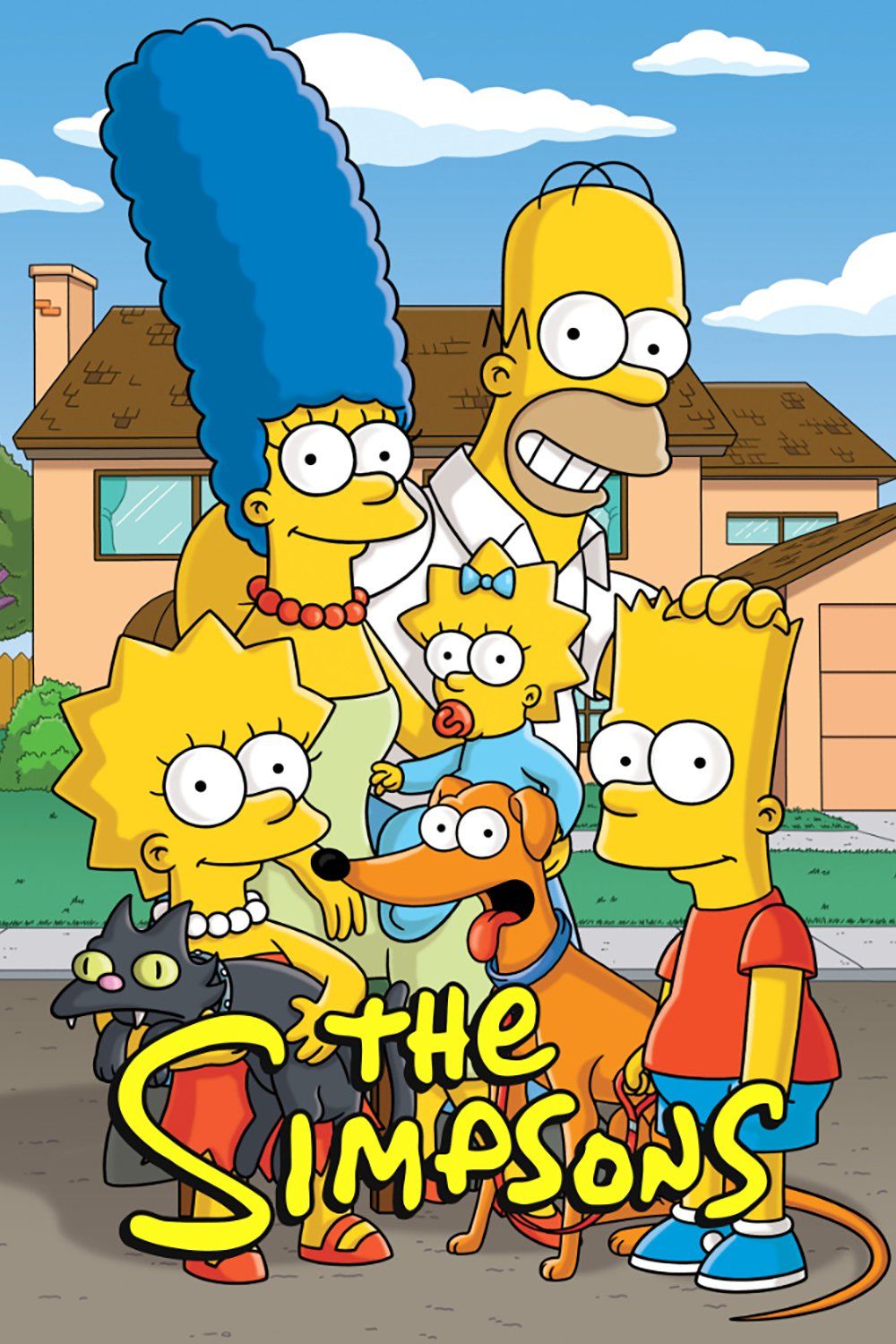
The Simpsons
The satiric adventures of a working-class family in the misfit city of Springfield.
- Release Date
- December 17, 1989
- Main Genre
- Comedy
- Genres
- Comedy
- Rating
- TV-14
- Seasons
- 36
- Studio
- Fox
Matt Groening Didn’t Invent the Famous Phrase
In an interview with The Hollywood Reporter, with the creative talent behind The Simpsons on the eve of its 500th episode in 2012, Dan Castellaneta recounts how he came up with the famed catchphrase. Before the show began, Castellaneta was a member of Second City in Chicago and was on stage performing the day that Tracey Ullman and Heide Perlman (writer) happened to be in the audience. Tracey enjoyed his comedy bit, and they invited Castellaneta to L.A. to audition for the role of Homer, the patriarch of a dysfunctional family, in a series of animated shorts that would appear on The Tracey Ullman Show. Knowing that the animation was the creation of Matt Groening, who Castellaneta admired from his long-running comic strip Life in Hell, was just the icing on the cake.
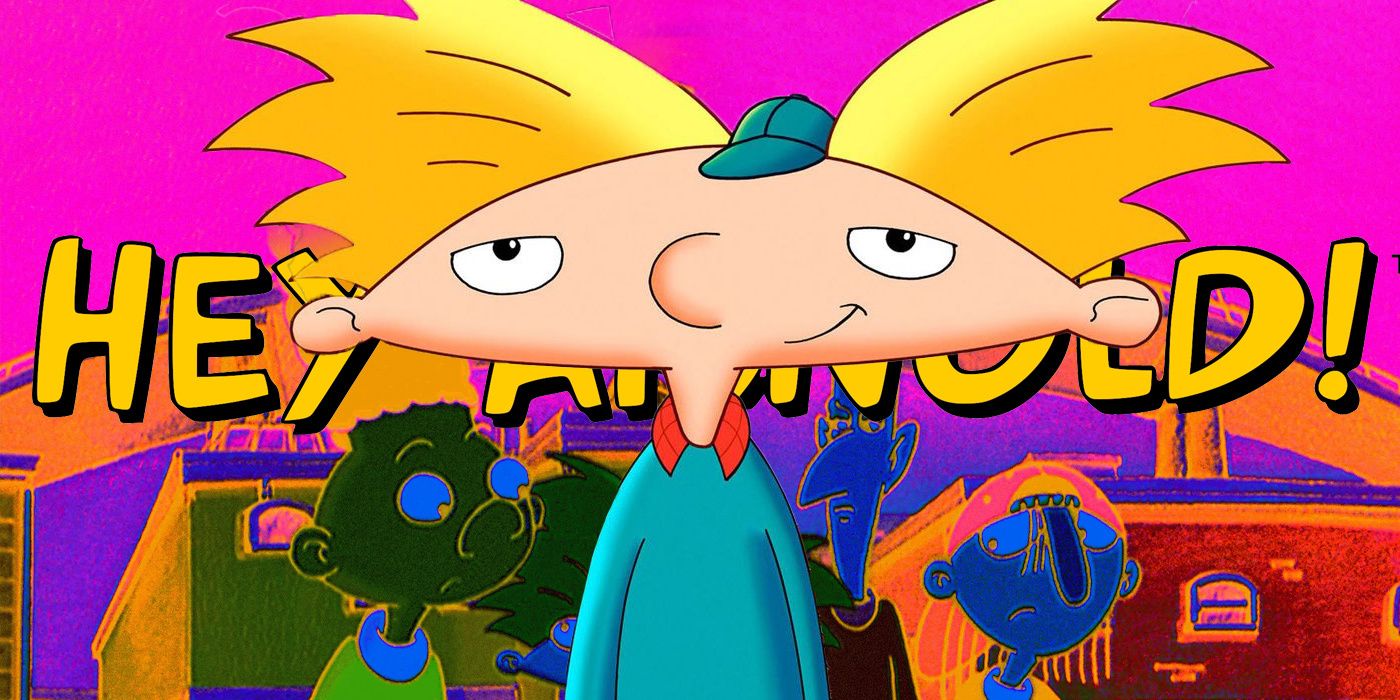
Whatever Happened to That ‘Hey Arnold’ Spin-Off?
What would ‘Hey Arnold’ look like six years later… without Arnold around?
Dan studied pictures of Homer as a means of finding a voice that best suited the character. The look of Homer brought to Castellaneta’s mind the famed actor Walter Matthau, so he started from there and “cartoonified” the voice further to match the aesthetic. With Julie Kavner going for a tired, quiet voice for Marge, what Castellaneta was doing with Homer was a perfect balance. One thing, though, stumped Castellaneta. In the scripts, Homer’s dialogue included “annoyed grunt” (which it still does, apparently). Not knowing what Groening had in mind for the directive, he asked the artist, who said that “annoyed grunt” could be whatever Castellaneta wanted it to be.
As he tried to think about what an annoyed grunt might be, he went back to the old Laurel and Hardy films of the past, but specifically actor James Finlayson. Finlayson played the comic foil to the shenanigans of the pair in 33 films, and what stuck out to Castellaneta was how Finlayson would go, “Doooh!” whenever he got hit, hurt, or frustrated. It seemed to be almost perfect, only it was too drawn out to be effective, so he shortened the line to make it faster, and made it “d’oh!” And the rest, as they say, is history.
Homer’s “D’oh!” Outlives Other ‘The Simpsons’ Catchphrases
Ever since it was first uttered in the 1988 short “Punching Bag,” “d’oh!” has become Homer’s go-to catchphrase, with one extremely detailed source from 2017 having counted 1,130 times “d’oh” had been said to that point (it’s an absolutely fascinating breakdown, right down to the number of times per episode ‘d’oh” had been said). Interestingly, the first time “doh” without an apostrophe appears in media was in the 1952 novel Jennings & Darbishire by Anthony Buckeridge. However, it’s Homer’s apostrophe “d’oh” that has taken on a life of its own outside the show. The phrase was officially added to the Oxford English Dictionary in 2001, defined as “expressing frustration at the realization that things have turned out badly or not as planned, or that one has just said or done something foolish.” Executive producer Al Jean once cheekily said, “I think when we find out that they’re putting it in the dictionary and we don’t get any money, our reaction is, ‘D’oh!”
But for a show that practically bleeds catchphrases, how has “d’oh!” endured? Likely for three reasons: a near-universal understanding, the ease with which it can be separated from the show itself, and a longer shelf-life. No matter who you are, where you’re from, or what you do, frustration is part of your world, and “d’oh!” is such a simple expression of that frustration that it transcends language, much like how “ouch!” is readily understood as an expression of pain. And it’s a phrase that doesn’t require background knowledge of The Simpsons to understand. A phrase like, “Me fail English? That’s unpossible” is readily understood by fans of the show, who know and appreciate a Ralph Wiggum (Nancy Cartwright) quote when they hear one, but anyone who has never seen the show (assuming there are such people) would simply be lost.
The same is true for Mr. Burns’ (Harry Shearer) finger-tapping “excellent,” “everything’s coming up Milhouse!” from Milhouse Van Houten (Pamela Hayden), and “Okely-dokely” from Shearer’s Ned Flanders. (Full confession: yours truly unabashedly uses “okely-dokely” and “hidely-ho” in everyday conversation.) Then there are the catchphrases that shine brightly before dying quickly. “Don’t have a cow, man.” “Ay carumba!” “Stupid sexy Flanders.” These are just a few of the many catchphrases with a short shelf-life, ones that grow tiresome through overuse (raise your hand if you ever owned a “Don’t have a cow, man” T-shirt) or have become outdated. While they are still appreciated by big The Simpsons fans, they have largely made only brief stops in the public’s imagination. With confirmation that the series was renewed for Season 36, Homer’s “d’oh!” is set to live on. Having outgrown its Laurel and Hardy roots, “d’oh!” is not going anywhere anytime soon. If you find that news to be frustrating, well, there’s a perfect word to express just how you’re feeling.
The Simpsons is available to watch on Disney+ in the U.S.







